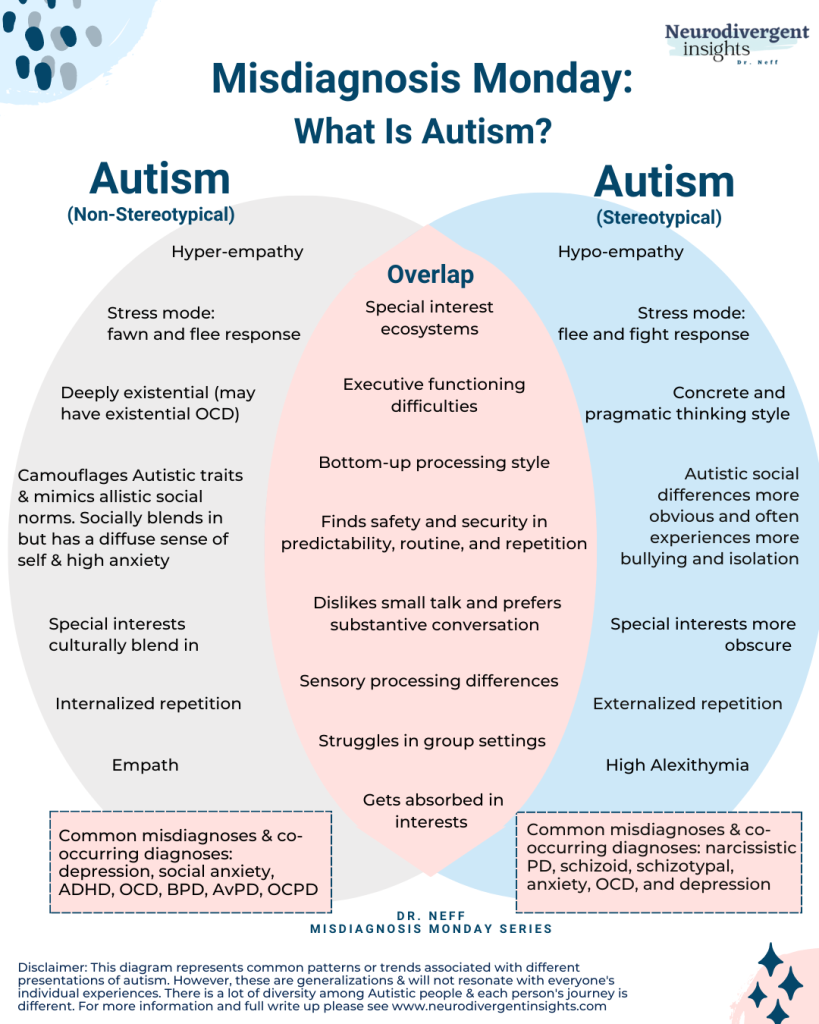The Evolution of Diagnostics: Past, Present, and Future of Autism Assessment for Adults in Australia
Detecting autism in people in Australia poses unique challenges and criteria that reflect the developing knowledge of the spectrum and the diverse wants of individuals. Unlike childhood diagnoses that always depend on early developing markers, adult autism examination requires realizing refined behavioral habits, interaction differences, and cultural difficulties that could have been camouflaged on the years. The procedure requires a comprehensive and culturally sensitive method that acknowledges the varied skills and activities of an individual seeking assessment.
Australia’s diagnostic platform for adult autism is inspired by internationally acknowledged criteria like the Diagnostic and Statistical Manual of Emotional Problems (DSM-5) and the Global Classification of Conditions (ICD-10). However, professionals doing assessments in Australia are prompted to follow a person-centered, strengths-based perspective that views an individual’s distinctive neurodiversity and ethnic context.
Accessibility to diagnostic services is a crucial part of the Australian landscape, and efforts are being built to deal with disparities in access to assessments across regions. Urban areas usually have significantly more resources and specialized professionals, while rural and rural parts may experience issues in providing reasonable and extensive diagnostic services. Increasing understanding and building diagnostic capacity in underserved areas stay major points for increasing accessibility.
The diagnostic method typically requires a multidisciplinary group, including medical psychologists, psychiatrists, presentation pathologists, and occupational therapists. This collaborative approach ensures a holistic assessment that considers cognitive skills, language proficiency, sensory sensitivities, and psychological wellness factors. Furthermore, specialists are increasingly knowing the importance of involving people in the diagnostic method, valuing their self-reported experiences and insights.
Social competence plays an important role in the diagnostic journey for adults seeking examination in Australia. Indigenous Australians, culturally and linguistically diverse communities, and people from various skills involve tailored techniques that know the affect of lifestyle on expression and perception of autism. Experts are encouraged to engage in ongoing cultural competency education to make certain a nuanced understanding of varied perspectives.
Late-diagnosed people may possibly experience distinctive issues as they understand the complicated thoughts and modifications that include understanding their neurodivergent identity. The diagnostic trip frequently extends beyond the assessment it self, involving post-diagnostic help, including counseling, psychoeducation, and the growth of coping strategies designed to the individual’s advantages and challenges.
The acceptance of sex selection within the autism selection is yet another developing facet of examination in Australia. Standard diagnostic conditions, that have been historically centered on mainly man displays, might not capture the varied words of autism in girls and individuals with varied sex identities. Attempts are underway to refine diagnostic tools and increase recognition of the initial activities of autistic individuals across the sexuality spectrum.
Research and advocacy play integral tasks in shaping the future of person autism examination in Australia. Continuing reports subscribe to a greater understanding of the prevalence, experiences, and needs of people on the spectrum. Advocacy agencies, both national diagnosing autism in adult australia local, function towards destigmatizing autism, raising consciousness, and influencing plan changes that prioritize the introduction and well-being of autistic individuals in Australian society.

In summary, detecting autism in people in Australia requires an energetic and person-centered strategy that realizes the individual’s unique strengths, issues, and ethnic context. The constant efforts to enhance supply, ethnic competency, and recognition subscribe to an even more inclusive and helpful setting for people seeking examination and navigating their neurodivergent identities in the Australian context.
